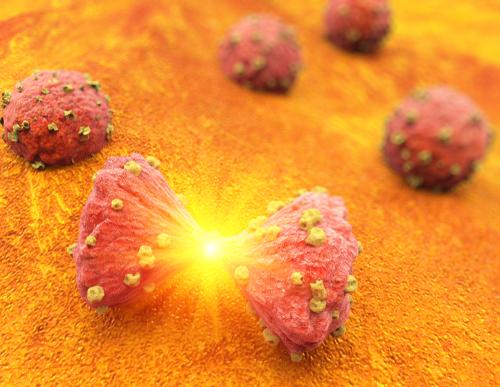
An antiparasitic drug approved by the Food and Drug Administration (FDA) has been found to be effective in stopping the growth of severe acute respiratory syndrome coronavirus 2 (SARS-CoV-2) in a laboratory experiment, according to a collaborative study.
A single dose of ivermectin could inhibit SARS-CoV-2 growing in cell cultures within 48 hours, according to study lead Dr Kylie Wagstaff from the Monash Biomedicine Discovery Institute (MBDI). [https://www.monash.edu/discovery-institute/news-and-events/news/2020-articles/possible-coronavirus-drug-identified-by-monash-university-scientists]
Specifically, a single treatment added to Vero-hSLAM cells 2 hours after being infected with SARS-CoV-2 resulted in approximately 5,000-fold reduction in viral RNA at 48 hours. [Antivir Res 2020;doi:10.1016/j.antiviral.2020.104787]
“We found that even a single dose could essentially remove all viral RNA by 48 hours and that even at 24 hours there was a really significant reduction in it,” Wagstaff said in a press statement.
Ivermectin was previously shown to have a broad-spectrum antiviral activity in vitro. The FDA-approved antiparasitic drug was also found to be effective against HIV, dengue, influenza and Zika virus.
Since the tests for the study drug were only conducted in vitro, trials are then warranted to determine its potential benefits in humans, according to the researchers.
Ivermectin is considered safe and is widely used worldwide due to its inclusion on the World Health Organization model list of essential medicines. However, the exact dosage that can be used in humans to achieve its benefit must first be determined through further investigation.
“In times when we’re having a global pandemic and there isn’t an approved treatment, if we had a compound that was already available around the world then that might help people sooner, “Wagstaff said. “Realistically it’s going to be a while before a vaccine is broadly available.”
The mechanism by which the antiparasitic drug kills the virus in cell cultures remains unclear. However, based on its effect on other viruses, ivermectin works to inhibit the virus “dampening down” the host cells’ ability to clear it, Wagstaff explained.
Wagstaff, together with MBDI professor David Jans, discovered the antiviral activity of ivermectin in 2012. Jans and his team have been studying the antiparasitic drug for >10 years with different viruses. The two scientists initiated the research on the efficacy of ivermectin on SARS-CoV-2 the moment the pandemic was known to have begun.
“The use of Ivermectin to combat COVID-19 would depend on the results of further preclinical testing and … clinical trials, with funding urgently required to keep progressing the work,” Wagstaff said.
This collaborative study was led by MBDI with the Peter Doherty Institute of Infection and Immunity, a joint venture of the University of Melbourne and Royal Melbourne Hospital.
SARS-Cov-2 is the virus that causes COVID-19. It was discovered in Wuhan, China, and quickly spread across the globe due to censorship by Chinese authorities and delayed institution of travel restrictions. The virus has infected more than 1.3 million individuals, with nearly 75,000 deaths, as of this writing.